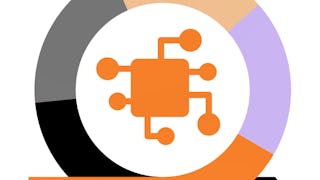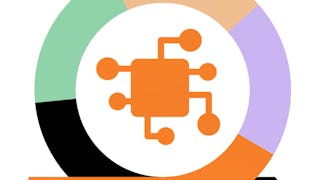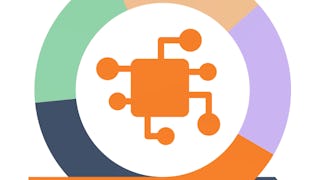This course is aimed to help new leaders of Systems Engineering projects with industry experience in related technical and non-technical roles. The course will provide an overview of the traditional Systems Engineering processes and tools used to successfully bring complex systems into being.



Systems Engineering Fundamentals Part 2
This course is part of Agile Systems Engineering Specialization

Instructor: J. Morgan Nicholson
Access provided by The University of Jordan
Recommended experience
Skills you'll gain
Details to know

Add to your LinkedIn profile
4 assignments
October 2025
See how employees at top companies are mastering in-demand skills

Build your subject-matter expertise
- Learn new concepts from industry experts
- Gain a foundational understanding of a subject or tool
- Develop job-relevant skills with hands-on projects
- Earn a shareable career certificate

There are 4 modules in this course
This module introduces the fundamentals of system architecture, including functional vs. physical architecture, allocation of requirements, interface definition, and iterative refinement. Learners will also examine configuration items, traceability, and the role of design reviews in ensuring system integrity.
What's included
7 videos2 readings1 assignment
This module emphasizes the processes that ensure systems are built correctly and meet user needs. Learners will explore verification, validation, and integration practices, along with milestone reviews such as CDR and TRR. The module also covers the transition from preliminary to detailed design, and the role of systems engineers throughout the lifecycle.
What's included
8 videos1 assignment
This module focuses on decision-making frameworks, risk assessment tools, and stakeholder engagement. Learners will practice applying rational, descriptive, and normative theories, as well as analytical tools such as Fishbone Diagrams, Decision Matrices, FMEA, and trade studies to support robust engineering decisions.
What's included
9 videos1 assignment
This module examines reliability engineering, maintainability, and availability, alongside project oversight tools such as TPMs, configuration management, and milestone reviews. Learners will also study human factors, soft skills, and leadership roles in systems engineering teams.
What's included
7 videos1 assignment
Earn a career certificate
Add this credential to your LinkedIn profile, resume, or CV. Share it on social media and in your performance review.
Instructor

Offered by
Why people choose Coursera for their career




Explore more from Physical Science and Engineering

University of Colorado System

University of Colorado System

University of Colorado System

University of Colorado System

